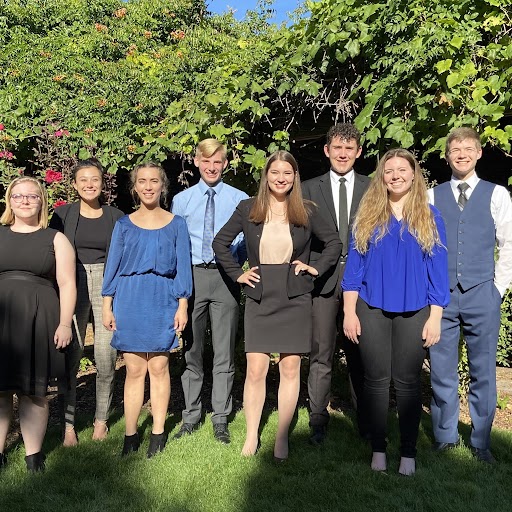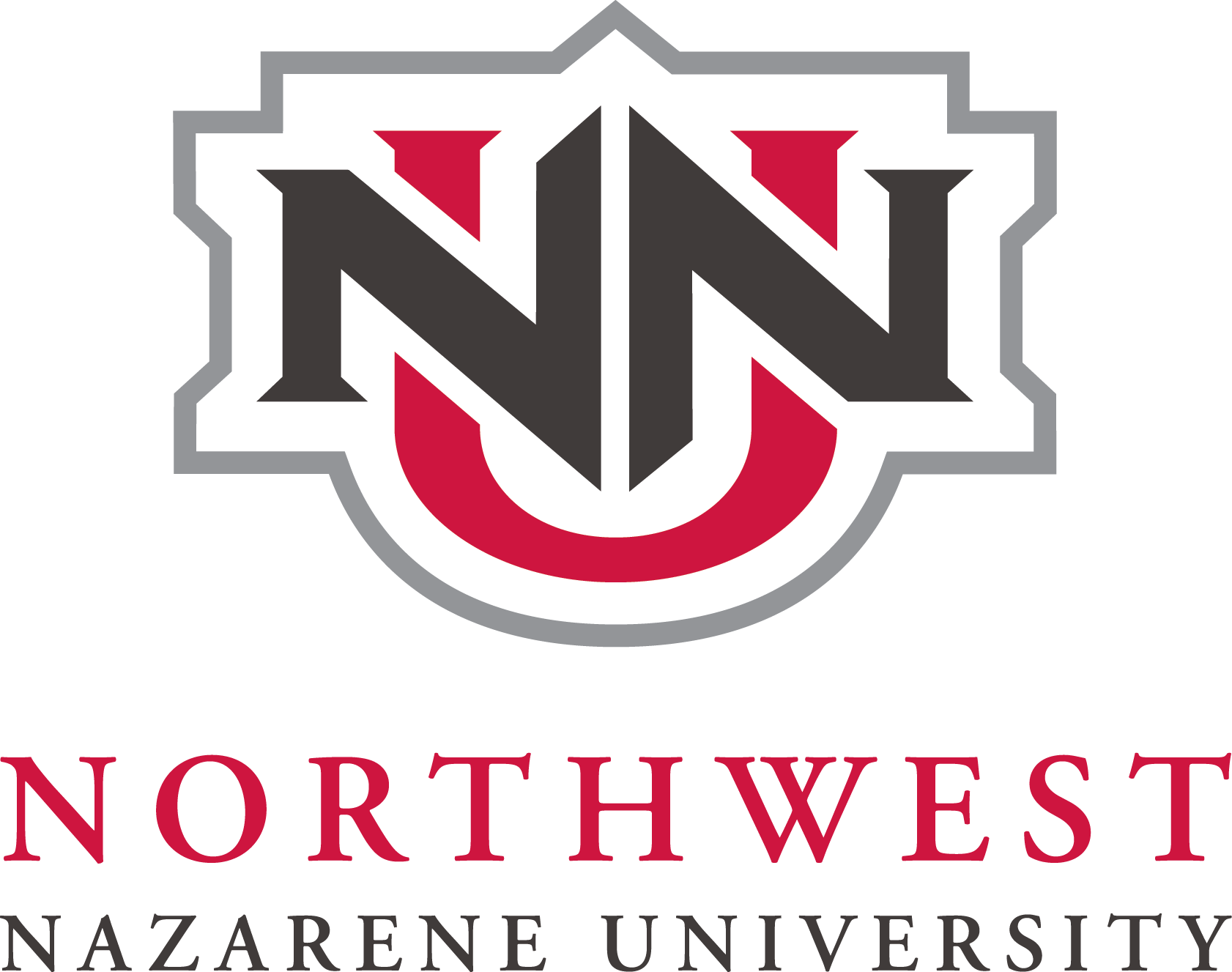Dr. Donna M. Allen
208.467.8431
dmallen@nnu.edu
Department of
Communication Arts & Science
Department of COMMUNICATION ARTS & SCIENCE
We explore the many philosophies, theories, and practices of communication and prepare students for work in a wide range of industries and occupations.

What is Communication?
Communication is at the heart of everything we do as humans. It is in every relationship, every organization we’re a part of, every word we speak and every gesture we make. Communication is defined as “the art and science of transmitting information from person to person.” We spend our lives communicating ideas, information, requests, needs, desires and entertainment. We communicate through words, looks, body language and silence.
It’s an art because most of what we communicate is a reflection of life: ideas, systems, desires…love. It’s a science because the theories of communication manifest themselves in very concrete and technical structures: speeches, websites, press releases—even a State of the Union address.
Those are exactly the skills we perfect in the five majors of the Department of Communication. Graduates assume leadership positions in non-profit, government and industry sectors; are employed as research analysts; or pursue graduate work in a variety of fields including research and law school. Every job imaginable requires communication in some form or another.
In the Communication department, we look at communication in several different ways, from reaching large numbers of people through public relations to only a small number of people—or even one person—through public speaking and interpersonal relationships. We explore the many philosophies, theories, and practices of communication and prepare students for work in a wide range of industries and occupations. And we base all of what we do on careful study and research.
Why Study Communication?
Many studies show that effective communicators have longer marriages, deeper friendships, better relationships, more successful college and career experiences, make more money and are generally happier.
In a recent LinkedIn survey, employers rated communication skills as the #2 most important for prospective employees, even more than industry-specific skills. Studying Communication will help you improve self-knowledge and self-perception. It will also increase productivity, engagement, retention and trust with current and future employers and colleagues.
Become proficient in:
- Critical thinking
- Public speaking
- Organizing groups
- Writing
- Communicating clearly
- Telling your own story so that you can make a difference in the world

National Organizations
Public Relations Student Society of America (PRSSA)—NNU is one of only two universities in the state of Idaho to have a chapter of PRSSA. This group has the opportunity to develop their professional communication skills, exploring how what they are learning in the classroom translates to career preparation and networking with business professionals. To find out more, contact Professor M. Brooke Adamson (mbadamson@nnu.edu).
Lambda Pi Eta Theta Psi Chapter—NNU’s Communication Honor Society of the National Communication Association. Students hold leadership positions, plan activities and serve the community. To find out more, contact Dr. Donna Allen (dmallen@nnu.edu)


Forensics
NNU’s nationally recognized speech and debate team competes in several tournaments a year, including IPDA Nationals.
- Students can compete in multiple individual speaking events such as oral interpretation, informative, persuasive and impromptu speaking (among others), as well as formal debate at levels ranging from novice to expert.
- There is an opportunity to earn academic credit for your involvement with Forensics and there are limited scholarships available.
- Forensics is the oldest competitive team on our campus and boasts the 20-21 National Champion in Interviewing.
- To find out more, contact Professor M. Brooke Adamson (mbadamson@nnu.edu).
Outcomes
For the past 12 years, NNU communication students have had a 100% acceptance rate into graduate programs. At least 28 students have been accepted into master’s and doctoral programs in 20 different areas of study at 23 different schools.
Careers in Communications
NNU Communications graduates enter:
- Ministry
- Law
- Counseling
- Social Work
- Business
- Public Relations
- Health Advocacy
- Medical Field
- Non-Profit Work
- Media/Film
- Politics
- Education
- Accounting
- Sales
- Speech Pathology
- Social Media Management
Learning Objectives
- Students will be able to explain interpersonal, group, persuasion, and organizational communication theories.
- Students will be able to produce original work in one of the areas of communication studies.
- Students will understand the fundamental role communication processes and skills play in building and maintaining a healthy and vibrant community.
- Students will experience and be able to defend the value of employing communication theory, process, and skills in service to others, and to further the spread of the gospel of Jesus Christ.
- Students will understand listening styles and purposes for listening, as well as demonstrating listening skills.
- General education students will effectively speak with clarity, coherence, integrity, and persuasiveness and understand the foundational communication process model
Majors
- Bachelor of Science in Communication
- Bachelor of Science in Health Communication
- Bachelor of Arts in Communication
- Bachelor of Arts in Public Relations
- Bachelor of Arts in Pre-Counseling
Minors
- Minor in Communication








